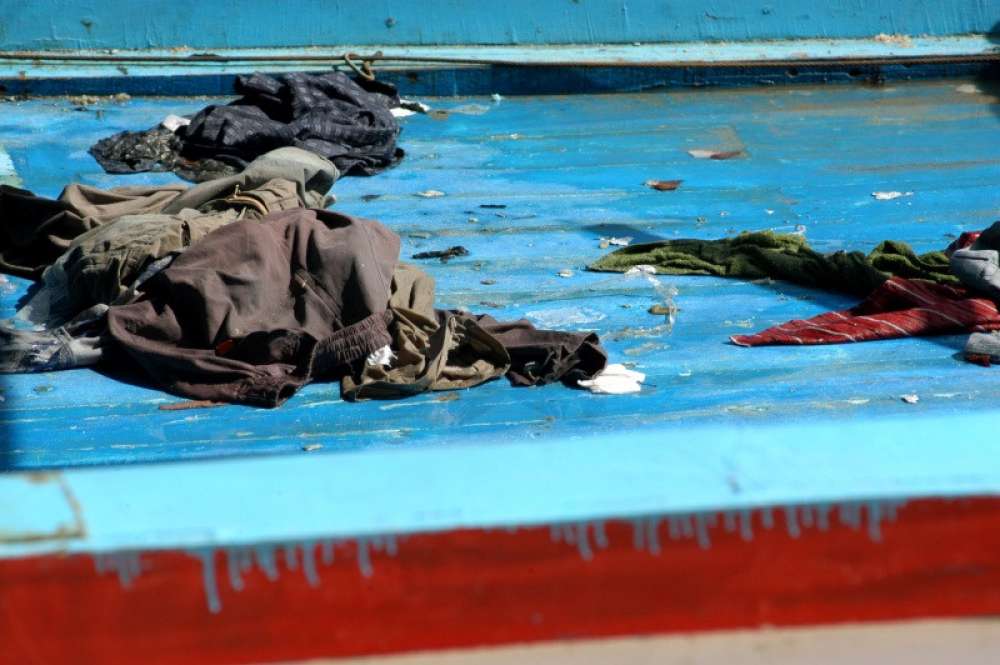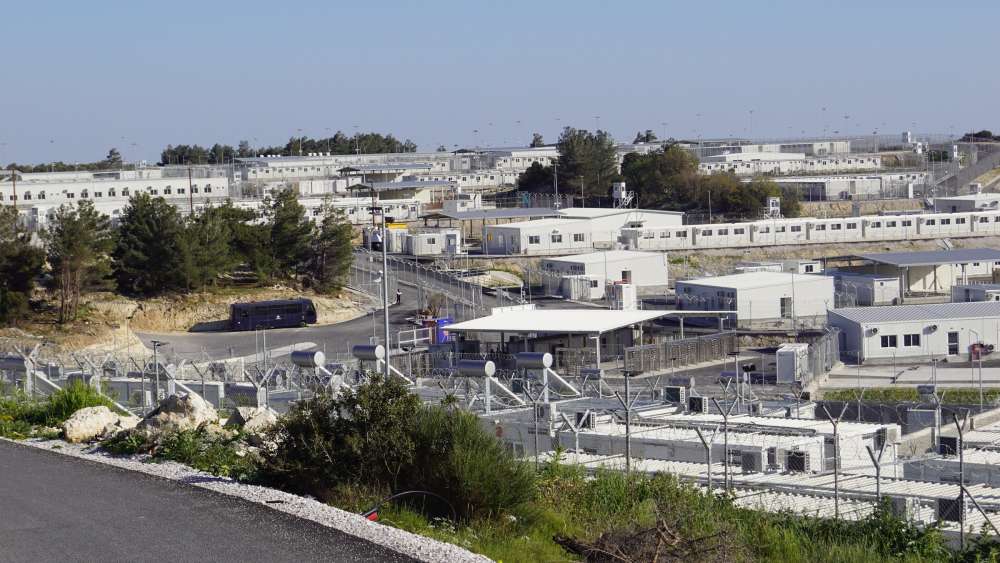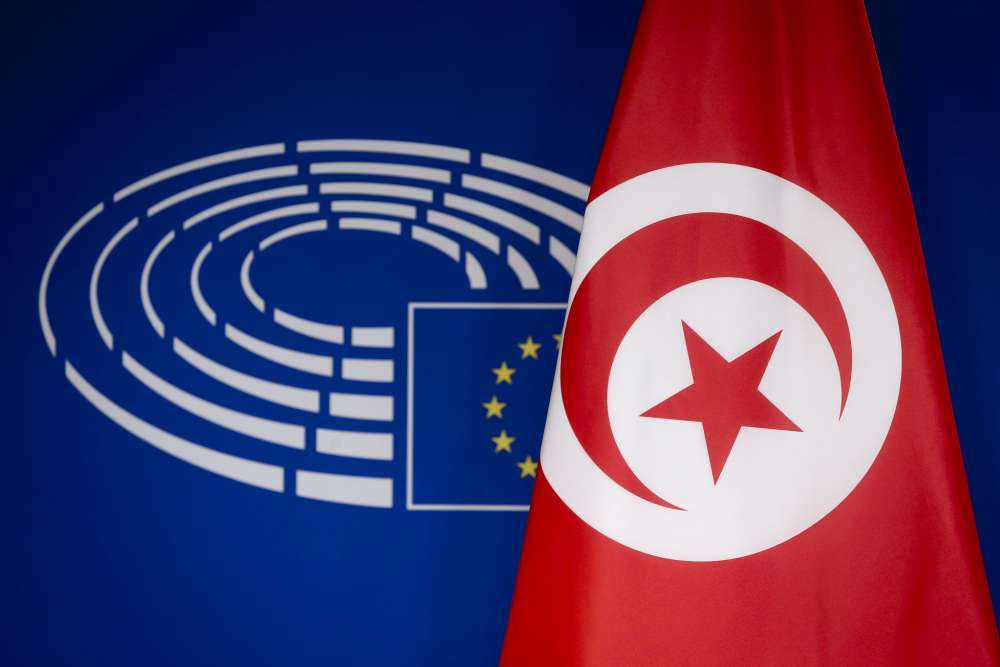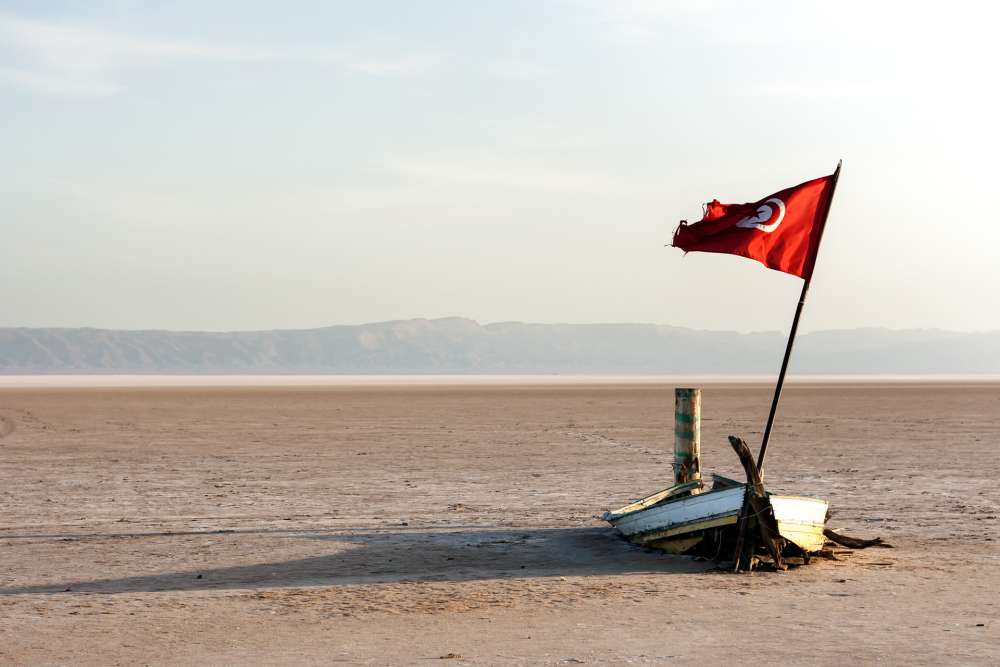Auf Wiedersehen, Refugee Law

The results of the European Union summit on March 7 with Turkey will be decisive for German Chancellor Angela Merkel’s proposed “European-Turkish solution” to the refugee crisis. Ahead of the summit, observers expected that the Turkish government would agree to take back asylum seekers from Greece. In return, a small group of EU members would admit asylum seekers (of a number still to be determined) directly from Turkey. Driving the plan is Greece’s imminent designation of Turkey as a safe third country, an idea pushed by the German government.
The plan is reasonable from a short-term perspective. There are worse political and humanitarian situations – the thousands of people who continue to be stranded in Greece and the Balkans, for example – than the direct admission of asylum seekers from Turkey into Greece, coupled with stronger border protection. Anybody with the least bit of pragmatic political judgment will agree that Germany, over the long term, cannot handle the influx of refugees into the EU on the strength of its own political will. Still, the plan is worrisome. It would de facto challenge a pillar of international refugee law: the principle of individual assessment. Without this principle, a common European asylum system will never work.
The principle of individual assessment is not mere cajolery. It stems from a central legal obligation that no individual should be returned to a situation where he or she would be at real risk of persecution for discriminatory reasons or of other serious harm. Asylum seekers must be able to show the existence of such risk in their particular case, not least if they come from what is considered a safe country of origin, or if they have stayed in another safe country. European law similarly foresees the possibility of asylum seekers challenging the alleged safety of a state, given their specific circumstances; they must be able to seek legal assistance in this regard. It is the principle of individual assessment that legitimizes an asylum system to turn down asylum requests. This is particularly true in times of high influx.
Should Greek authorities turn down asylum requests by pointing to the safety of Turkey, there is no way, not least for legal reasons, to circumvent an individual assessment of whether Turkey meets European legal requirements for designation as a safe third country. The fact that numerous Syrians and Iraqis have been returned to their home countries by Turkish border guards casts doubt upon this. Whether or not Turkey is safe for a particular applicant will need to be established in procedures that follow the rule of law. But such procedures are complex by nature. Finding legal assistance on the Greek islands is nearly impossible, and overburdened Greek authorities are unlikely to successfully manage case-by-case reviews. Currently, all available personnel is being used to keep EU registration centers, or “hotspots,” up and running.
If NATO ships transport asylum seekers back to Turkey, the principle of individual assessment would erode even further. The ongoing NATO operation in the Aegean Sea is not only collecting intelligence; it is also promoting dialogue between the antagonized governments of Turkey and Greece. More notably, once other EU states come to recognize Turkey as a safe third country, NATO ships will be used to return individuals to Turkey. Aboard a navy ship, however, it is impossible to assess the safety of a particular applicant.
Refugee protection is at a critical crossroads. The rule-of-law principles of EU and international refugee law often conflict with the political desire for effective control over the number of asylum seekers. What really works to reduce numbers is mostly illegal (an exception to this is Turkey’s prevention of asylum seekers from traveling onwards).
Solving this conflict to the detriment of individual assessment does not only harm a foundation of refugee law. It is also politically short-sighted. It is in the interest of all EU states to have functioning asylum procedures in and outside the EU. States that want to return asylum seekers to other EU countries need solid foundations of refugee law. The move away from the rule of law in several member states was one of the main reasons for the uneven distribution of asylum seekers across the EU. Many asylum seekers chose to go to just a handful of states and subsequently could not be returned to their country of arrival precisely because the asylum system was defunct. Moreover, the EU risks its foreign policy credibility when promoting refugee law elsewhere and supporting other countries in the building of functioning asylum systems. But such work is necessary to reduce the number of asylum seekers in the EU over the long term.
An approach that complies with the rule of law will disappoint those who want to reduce the number of entries through short-term measures and those who support the re-Europeanization of refugee protection. This approach should feature the following measures: first, more-vigorous support for building registration centers on the Greek island and for fair asylum procedures on the Greek mainland; second, commonly funded emergency accommodation for those stranded in Greece; third, direct and significant admission of asylum seekers directly from Turkey in exchange for better border protection by the Turkish government; fourth, once numbers go down, the admission of people from Greece as an emergency measure of support.
Finally, what is needed is a recasting of the Dublin Regulation, which determines the EU state responsible for deciding asylum requests. In the future, those asylum seekers who have entered through irregular means, and who have neither family members nor private sponsors or a job offer in a particular state, should be distributed across the EU according to a quota system. If asylum seekers have a job offer in a member state after their status has been recognized, they should be permitted to move to that country. Of course, such a course of action comes with many pragmatic compromises. But it would leave the foundations of refugee law intact – and we need them still.
…
This is an updated English version of a commentary that originally appeared in German in Der Tagesspiegel on March 5, 2016.
This piece was written as part of a project on EU refugee policy that is supported by Stiftung Mercator.








